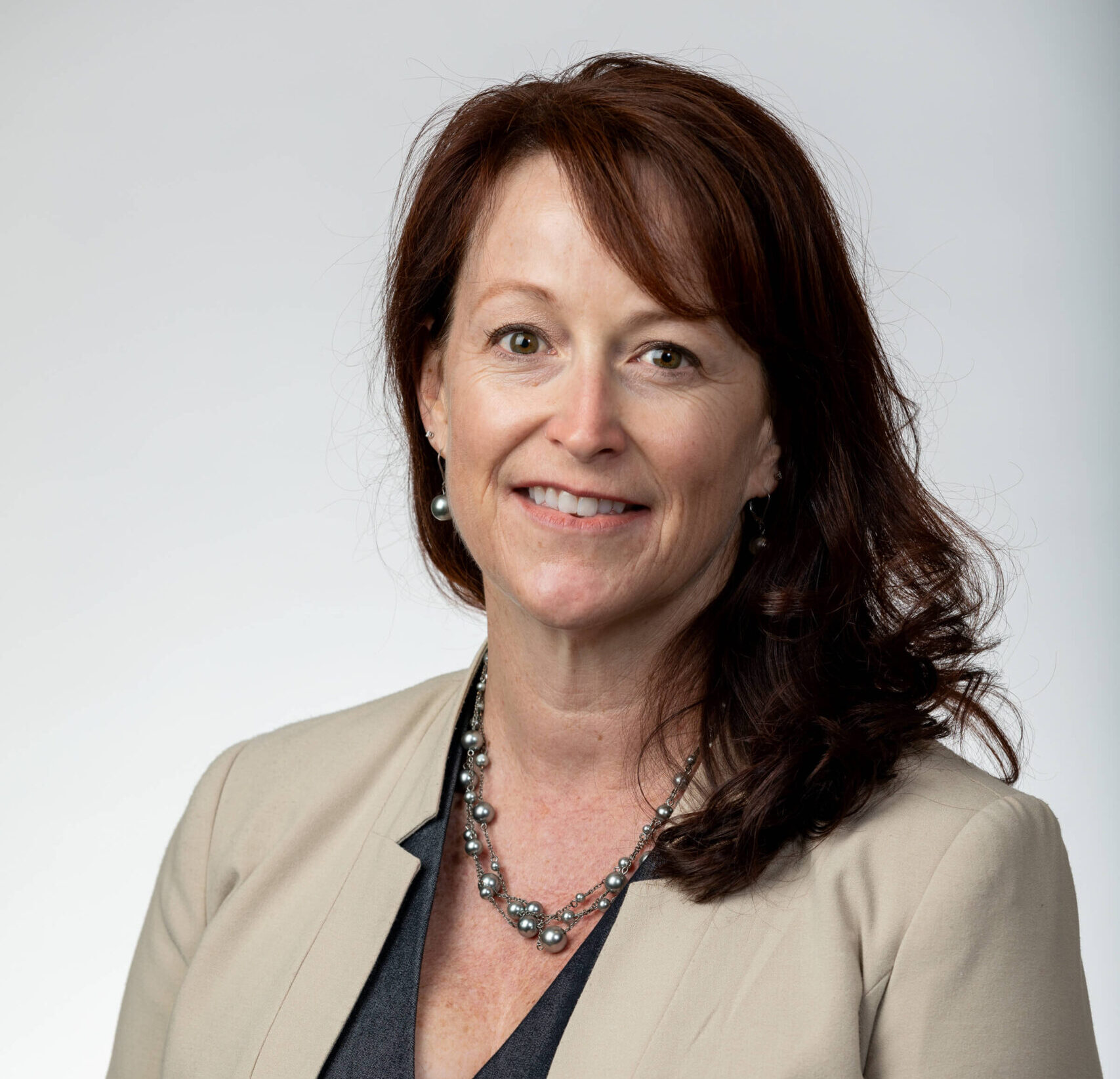The COVID-19 pandemic changed the way the pharma industry operates, moving to incorporate remote systems into day-to-day operations, including patient solutions. Now, in 2023, we are moving back to more face-to-face and field-based approaches. Particularly for patients, in-person interaction offers a sense of care, empathy and kindness that can’t always be conveyed across a digital platform, but can have a significant positive impact on patients’ well-being.
Focus on patient solutions is vital for highlighting the needs of patient populations and ensuring the right treatment is provided to the communities that need it most. With changes in the biotech landscape bringing novel treatments — such as cell and gene therapies (CGTs) — to market, patient needs are shifting. Adapting to cater to patient populations to meet new needs and ensure patient well-being requires efficient patient solution programs in place.
In this blog, Nareda Mills, Global President of Patient Solutions at Inizio Engage, an Inizio company, explores the importance of adapting patient solutions to meet the needs of niche patient populations. With a focus on diversity and inclusion, she discusses solutions for the changing biotech landscape as novel therapies and technologies emerge for the treatment of chronic disease.
Addressing health equity
Identifying the needs of a patient population becomes increasingly complex without direct face-to-face interaction. Conversing with grassroots organizations (local, community-led) and physician communities, in addition to patient interest groups, is vital to gaining insight into distinct populations and ensuring the right support is delivered to meet their specific needs. This patient-centric approach aims to accommodate diverse populations whose treatment needs will vary significantly so therapies must be tailored and personalized accordingly. Heightened awareness is the foundation of an effective patient support program, ensuring healthcare support and education are provided to the locations and patients that need it most.
The importance of education
Ongoing education of both the community and healthcare professionals (HCPs) plays an important role in ensuring patients have access to the new therapies coming to market. Industry-sponsored patient support programs help to identify and fill gaps in disease-state education, ensuring access to comprehensive and up-to-date information. Providing insight into available innovative and life-changing treatments, such as those for treating rare and chronic diseases, this education helps patients receive the best possible treatment, building trust with HCPs and increasing patient well-being.
Maintaining education standards can also help with accelerating patient diagnoses as it inspires constant re-evaluation and optimization of current practices, as well as building on knowledge and solutions for rare and orphan diseases. The journey to being diagnosed can be a lengthy process that often involves several physicians before a final diagnosis is agreed upon. This is especially the case for complex diagnoses of rare diseases that affect a lower number of patients, as HCPs often have less experience with diagnosing and treating lesser-known conditions.
Adapting to the changing landscape
Although engagement methodologies are returning to in-person/pre-COVID-19 standards, the healthcare industry is rapidly changing to accommodate new technologies and innovative solutions.
A growing number of CGTs currently in clinical trials will, if approved, require patients to travel to clinical facilities away from home, potentially for an extended period, to receive their treatment. This will not only alter patient support programs but also require entire skill sets to adapt. This may involve training highly specialized nurses in roles that have not been necessary to this point. In addition, specialists with scientific expertise may be required to maintain a dialog with patients about these new treatments.
A supportive patient solutions expert
Patient support programs — as part of a holistic patient engagement strategy — remain a critical component of healthcare and are essential to ensure treatments reach those who need them. As the healthcare industry changes, patient support programs need to evolve and adapt, incorporating innovative technologies and operating systems into this shifting landscape at the earliest possible point.
The Inizio Engage team is full of experts in providing personalized solutions and dedicated services to ensure diverse patient populations are catered to. To gain personalized and detailed insight into your next patient solutions project, contact us today.

